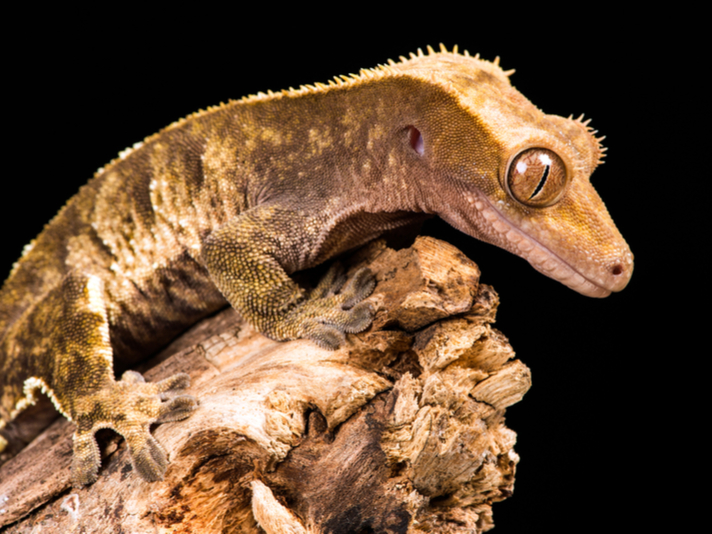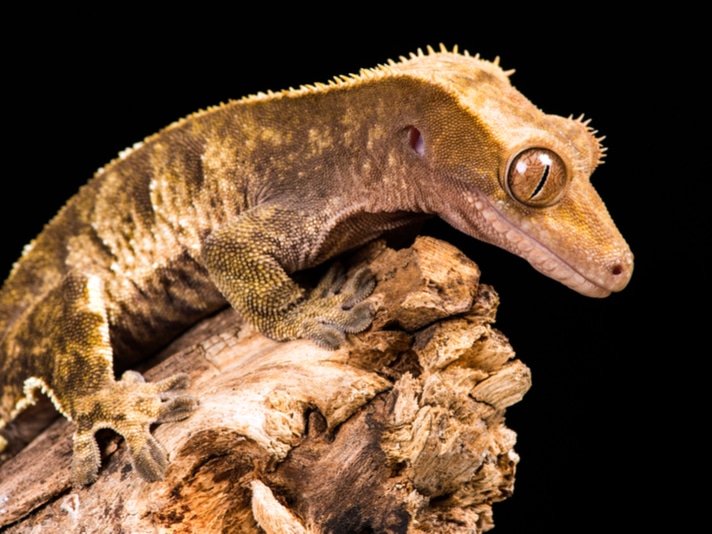U.S. public health officials are urging crested gecko (Rhacodactylus ciliatus) owners to use common sense rather than get rid of their pet after 20 pe
U.S. public health officials are urging crested gecko (Rhacodactylus ciliatus) owners to use common sense rather than get rid of their pet after 20 people nationwide were infected with salmonella.

davemhuntphotography/Shutterstock
Crested geckos are very popular lizards with reptilekeepers.
The strain, Salmonella muenchen, has been linked to contact with crested geckos purchased at pet stores in different states, the Centers for Disease Control and Prevention reported last week.
Read More
13 Tips to Better Reptile Handling
Over the past 17 months, 20 people contracted the bacterial strain. Two cases each were reported in Ohio, Pennsylvania, Washington and Wisconsin and single cases in Florida, Iowa, Illinois, Indiana, Kansas, Massachusetts, Minnesota, Montana, New Hampshire, New York, Tennessee and Virginia.
None of the sickened people, ranging in age from 57 to less than 1, died. Three needed to be hospitalized, CDC stated.
“The pet industry is working closely with CDC to determine the source of the crested geckos linked to this outbreak in order to prevent additional illnesses,” the agency noted. CDC is teaming up with veterinary and agriculture officials on the investigation.
The agency issued the following tips:
- Wash hands thoroughly with soap and water after handling reptiles and their habitats, food or equipment.
- Children younger than 5, people with weakened immune systems and adults older than 65 are at higher risk for serious illness from salmonella. They should not touch reptiles or their surroundings.
- Keep reptiles and their equipment out of kitchens and anywhere where food is prepared, served or consumed.
- Use soap or a disinfectant to thoroughly clean any surfaces that have been in contact with reptiles or amphibians.



